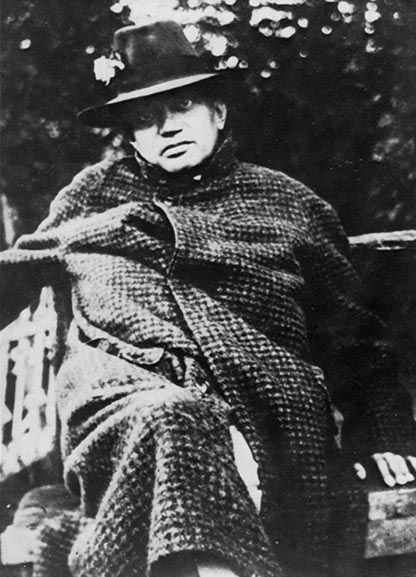Törjön százegyszer százszor-tört varázs:
Hát elbocsátlak még egyszer, utólszor,
Ha hitted, hogy még mindig tartalak
S hitted, hogy kell még elbocsáttatás.
Százszor-sujtottan dobom, ím, feléd
Feledésemnek gazdag úr-palástját.
Vedd magadra, mert lesz még hidegebb is,
Vedd magadra, mert sajnálom magunkat,
Egyenlőtlen harc nagy szégyeniért,
Alázásodért, nem tudom, miért,
Szóval már téged, csak téged sajnállak.
Milyen régen és titkosan így volt már:
Sorsod szépítni hányszor adatott
Ámító kegyből, szépek szépiért
Forrott és küldött, ékes Léda-zsoltár.
Sohase kaptam, el hát sohse vettem:
Átadtam néked szépen ál-hitét
Csókoknak, kik mással csattantanak
S szerelmeket, kiket mással szerettem:
És köszönök ma annyi ölelést,
Ám köszönök mégis annyi volt-Lédát,
Amennyit férfi megköszönni tud,
Mikor egy unott, régi csókon lép át.
És milyen régen nem kutattalak
Fövényes multban, zavaros jelenben
S már jövőd kicsiny s asszonyos rab-útján
Milyen régen elbúcsúztattalak.
Milyen régen csupán azt keresem,
Hogy szép énemből valamid maradjon,
Én csodás, verses rádfogásaimból
S biztasd magad árván, szerelmesen,
Hogy te is voltál, nemcsak az, aki
Nem bírt magának mindent vallani
S ráaggatott diszeiből egy nőre.
Büszke mellemről, ki nagy, telhetetlen,
Akartam látni szép hullásodat
S nem elhagyott némber kis bosszuját,
Ki áll dühödten bosszu-hímmel lesben.
Nem kevés, szegény magad csúfolását,
Hisz rajtad van krőzusságom nyoma
S hozzámtartozni lehetett hited,
Kinek mulását nem szabad, hogy lássák,
Kinek én úgy adtam az ölelést,
Hogy neki is öröme teljék benne,
Ki előttem kis kérdőjel vala
S csak a jöttömmel lett beteljesedve.
Lezörögsz-e, mint rég-hervadt virág
Rég-pihenő imakönyvből kihullva,
Vagy futkározva rongyig-cipeled
Vett nimbuszod, e zsarnok, bús igát
S, mely végre méltó nőjéért rebeg,
Magamimádó önmagam imáját?
Kérem a Sorsot, sorsod kérje meg,
Csillag-sorsomba ne véljen fonódni
S mindegy, mi nyel el, ár avagy salak:
Általam vagy, mert meg én láttalak
S régen nem vagy, mert már régen nem látlak.
1913





